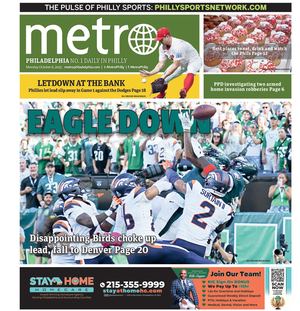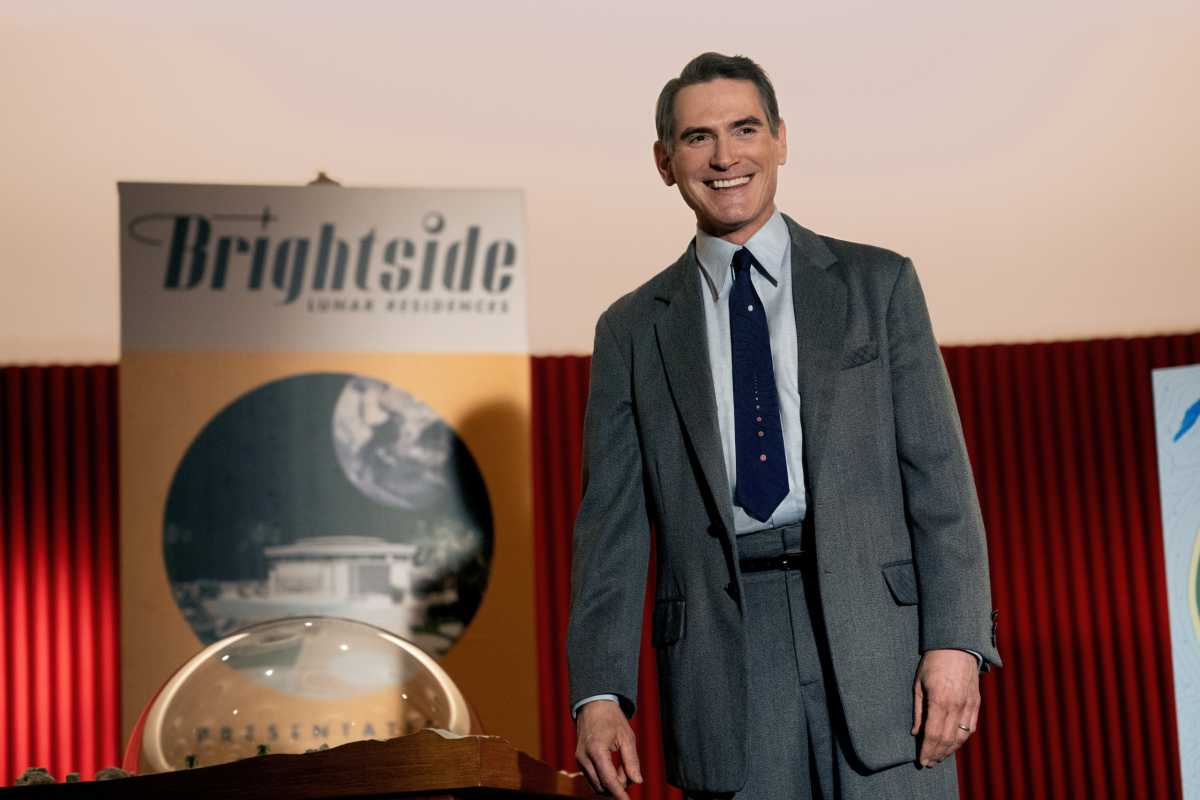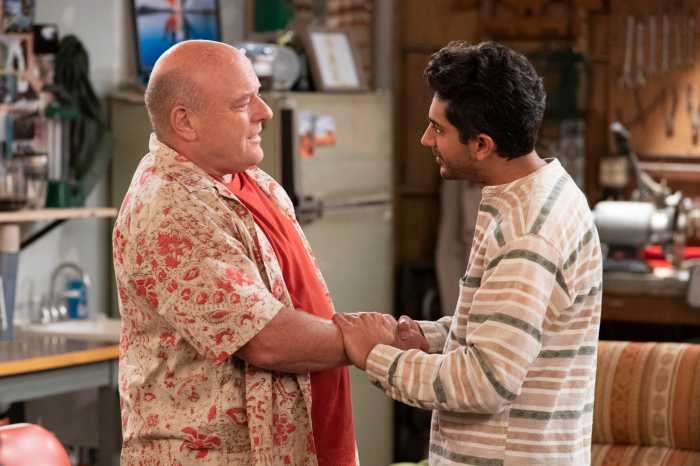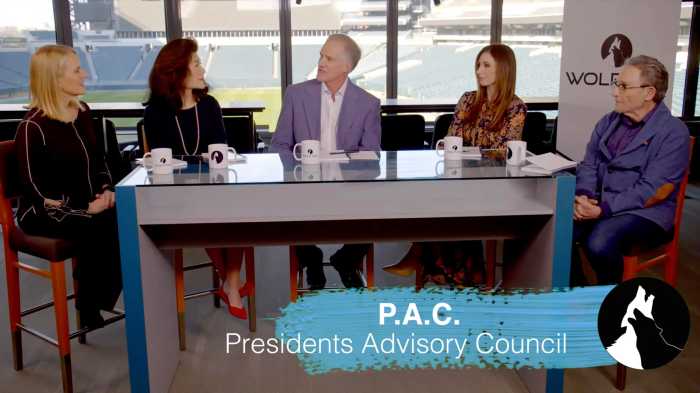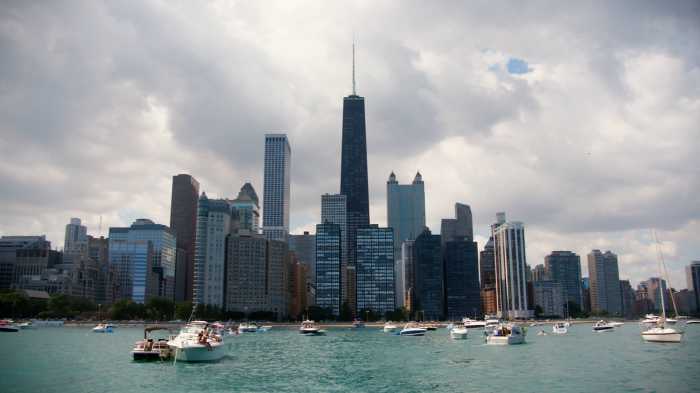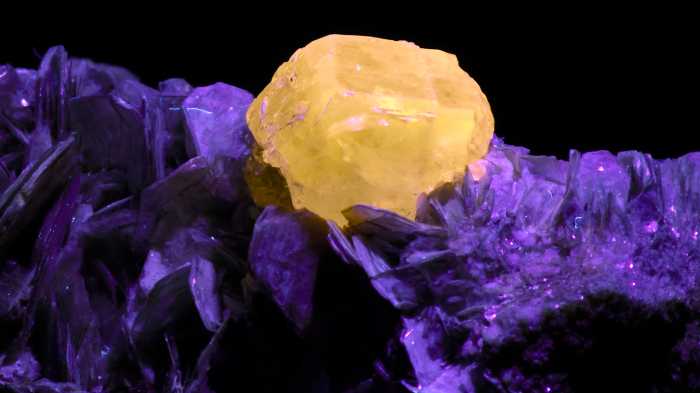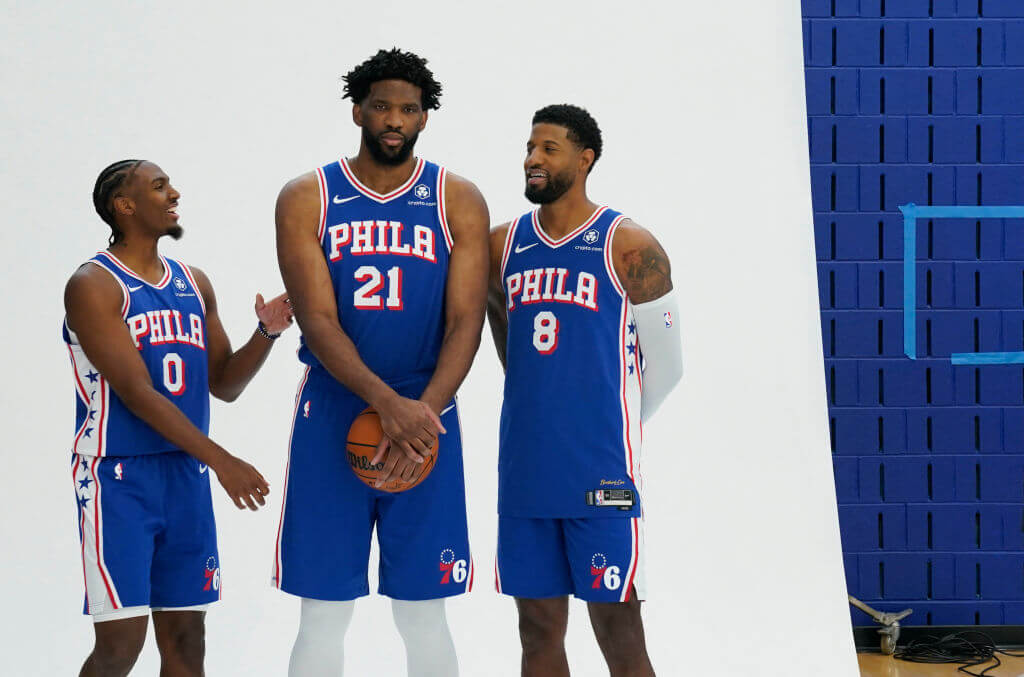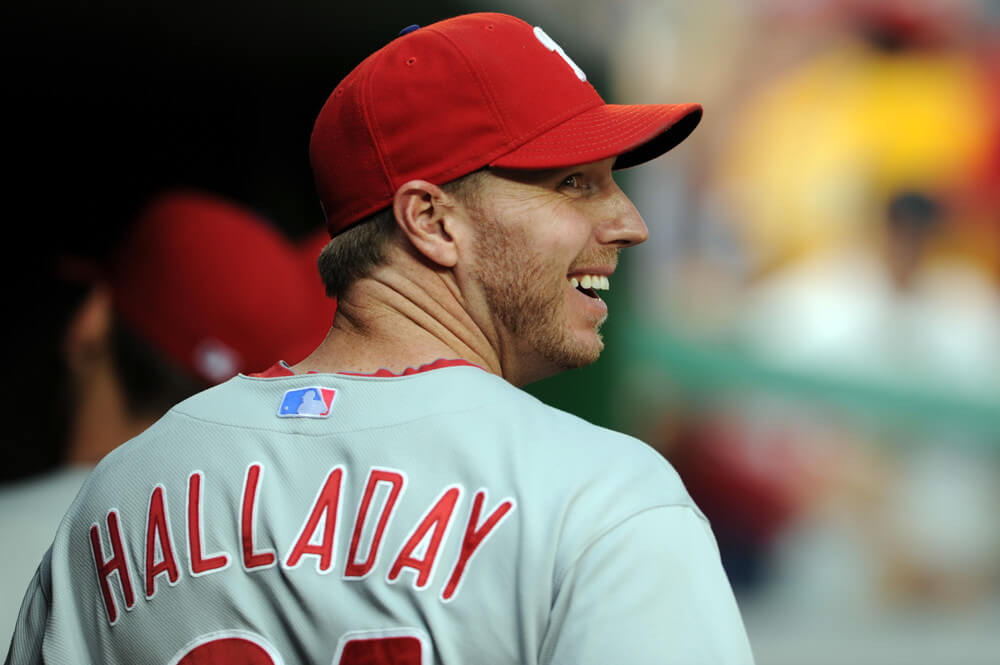The past and the future very much come together in Apple TV+’s latest series, ‘Hello Tomorrow.’ Starring Billy Crudup as Jack, an optimistic and hungry salesman who, along with his team, hawks lunar timeshares on the moon, the series gives audiences a look at what a retro-future world would have and could look like.
Set in a futuristic 1950s where gadgets and robots essentially do everything for us (and there is a large amount of them sprinkled throughout the series), the “American Dream” and want for a better life is examined through the shows characters—played by Alison Pill, Hank Azaria, Dewshane Williams, and others. As this hopeful bunch gets closer to what they want however, things are shown to not exactly be what they seem, and what boils below the surface raises questions about what we want out of life in general no matter what the time period it is.
To dive a little deeper into this new dramedy, Crudup—who also executive produces ‘Hello Tomorrow’—dives a little bit deeper into this “fascinating” world and the personal connection to his character.
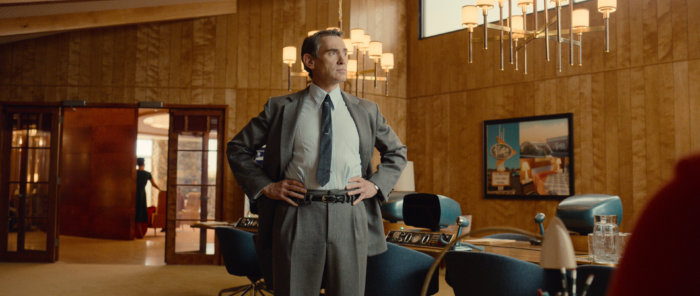
What interested you about ‘Hello Tomorrow’ when you first heard about the show?
I got a rather boring call from one of my colleagues who said, I’ve got a fantastic script. They sent it over, and they had very shrewdly included all of the iconography — the little robots and some of the gadgets. I was like, what is this crazy world? And as soon as I started reading it, I was infatuated with it… I was stunned, in fact, that there were two people who were interested in this kind of storytelling, because to me, it was such a hard thing to pull off and a huge reach. It’s something bold and ambitious where you’ve got ‘The Jetsons’ vibe with a kind of a ‘Death of a Salesman’ philosophy underneath it. And the character of Jack in particular just felt so much like some of the language my dad would use, and [I felt’] the opportunity to try to find my version of Jack there.
I did see that your father was a salesman—
Yes, he was a hustler mostly, but yes, a salesman at the time.
So, did you take anything from what you saw with him and bring it into your character?
Oh, yeah, no question about it. I don’t know if I would’ve been able to articulate it before. It was embarrassing when we were younger because my dad loved people and he was curious about people. He had all these kinds of ways of relating to people that were awful for us growing up. But now, when I reflect on it, I see that it was that he loved people, he was curious about people and it didn’t matter who it was. He was as interested in Brenda, our server at Denny’s, as he was in Tom Cruise, who he cornered at the premiere of ‘Without Limits.’ So that was the feature that I wanted to bring to Jack at the core of this storytelling…A real affection for humanity in all of its ranges.
You not only act in the show, but you did a lot of work with the creative team as a producer. Can you tell me more about what you did behind the scenes?
I don’t even remember saying I wanted to be a producer—all of a sudden, I was a producer and I was like, what am I supposed to do? How many of these calls do I have to be on? [Laughs] It came in really handy once I got to know Amit (Bhalla) and Lucas (Jansen) better, because they’re brilliant creative collaborators. So to then get to be part of the storytelling and understanding, and it’s not so much of me adding plot points or saying this works or this doesn’t work, it’s me interpreting their words and saying, is this what you were going for? I want to make sure to render it in the most authentic way.
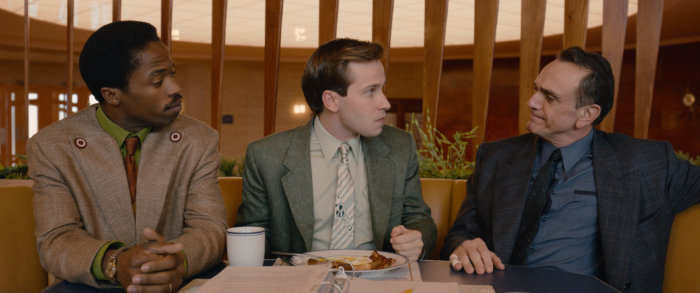
We had a phenomenal dialogue about that. Then during the edit as a producer, there’s an opportunity to say: Hey, wasn’t there that weird take that we did where everybody was like, I don’t know if that’ll work… Can you put that in and see if it works? And occasionally it would work. So a part of it is my influence on what and how I feel the characters should be rendered.
Stephen Falk (‘Hello Tomorrow’ writer) spoke about your character and the cast’s dynamic specifically and referenced how some of the actor’s backgrounds in theater played as an asset to this series. What are your thoughts on that?
Because this piece is such a pageant…It’s a big American fable. There are a lot of things to grapple with and a lot of moving pieces, and it takes true collaboration. We all have to be on the same page and be a part of a team to make something like this work in a way that is hopefully pleasant, but at the very least it’ll be productive. And there is something that happens in the theater that doesn’t always happen in films and television… With some films and television, you don’t ever get to meet the whole cast, frankly, until you’re at the premiere.
But our casting director was Doug Aibel, who runs a theater company here in New York City called the Vineyard Theatre, which I’m very close to. We were able to bring in so many of the actors who had the same kind of work ethic that I felt like I had and that I wanted to bring to this material. So maybe that’s what Stephen is referring to when he talks about it. It was a game effort to do it all together.
There’s much more than meets the eye with your character, Jack. How do you play someone who is sort of playing a role himself?
Well, it is the most exhilarating thing to play. It’s a little dance you do with the camera and the cinematographer and the director to create moments that the audience gets to bear witness too, but the other characters don’t. So you’ll see takes where I’m having a conversation with Nick (Podany), who plays Joey, and we’re having a very enthusiastic, optimistic discussion—then he turns his back and Jack’s face falls. [Joey] would never get a chance to see it, but the audience gets that opportunity.
So to have both of those things happening in real time, it’s just a wonderful thing to play because those kinds of contradictions can promote all sorts of ingenious creativity and sometimes stuff that you wouldn’t ever be able to articulate. It makes for moments of inspiration that couldn’t come with different material.
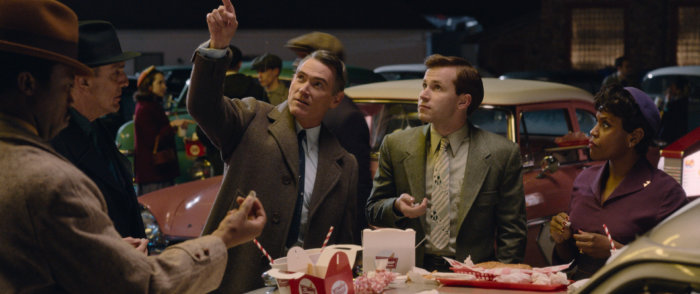
We’ve seen different shows and movies look into the “American Dream,” which ‘Hello Tomorrow’ certainly does. But what is this show’s take on it?
I don’t know that they resolved the question, you know? I don’t know that they end on a point of view…The show in itself, I feel continues to ask the question—Is this what we want? If it was like this in the future, would this be what we want? If this was actually what it was like in the past, would that have been what we wanted? What is the sweet spot for being content at being a country with enormous capacity and with enormous flaws? How do we improve things and how do we recognize what’s glorious about it?
I think those are the questions the show continues to ask. And as it’s entertaining with its plot and its characters, I feel like after you’re done being thrilled with it, you’ll begin to reflect a little bit on what your point of view is about it.
‘Hello Tomorrow’ will premiere globally on Apple TV+ with the first three episodes on Feb. 17.
